
What Happened to the Rock Critic?
Did Robert Christgau, the self-proclaimed “Dean of Rock Critics,” help kill off his own project?


Did Robert Christgau, the self-proclaimed “Dean of Rock Critics,” help kill off his own project?
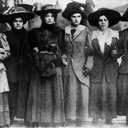
How can widespread inequality progress alongside widespread concern about its ill effects?

Organizers from five private universities discuss what’s next for grad student unionism.
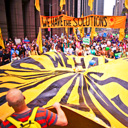
It would be nice to hear it straight for once. Stopping climate change means giving up on growth.

When even the big banks start to worry about inequality, you know something is seriously wrong.

Taking a cue from punk icon Viv Albertine, today’s feminists should dare to want more—and forget about asking for it nicely.
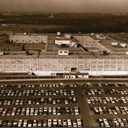
Whichever way Congress might vote on the NSA, the steady creep of our executive branch is unlikely to be reversed.

This week, Sarah and Michelle invited Hack the Union editor Kati Sipp to explain universal basic income, and why it’s an important idea for workers. They discuss automation, which parts of the social safety net UBI would replace, and what it has to do with the unwaged work that women do in the home.

At the height of colonialism, indentured Indian women in the Caribbean were photographed for a thriving postcard industry. Their images enact a struggle—between the imaginations of colonial-era photographers and the real lives of the women behind the portraits.
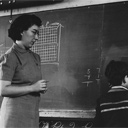
Dana Goldstein’s The Teacher Wars shows that the failed ideas underlying today’s ed-reform crusade are as old as public education itself.
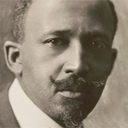
Tim Shenk talked with Kwame Anthony Appiah, author of Lines of Descent: W.E.B. Du Bois and the Emergence of Identity, about how Du Bois’s experiences as a black American shaped his theories of race, and how his theories relate to politics then and now.
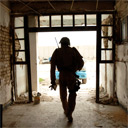
The great majority of the American political class were complicit in the deceptions that led to the Iraq war—and are desperate for the rest of the country to forget it.
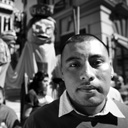
Worker centers have empowered nurses, nannies, busboys, taxi drivers, and many other low-wage immigrants long thought to be “unorganizable.” They provide clues to the future of organized labor—but can their victories scale up?

This May Day, we bring you voices from the streets of Baltimore and Long Beach—where unions are helping mobilize their communities against police terror and for economic justice—and from a West Coast Walmart, where activist Venanzi Luna has been leading the fight against union-busting. Plus: Whatever happened to the eight-hour day?
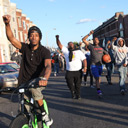
It is no coincidence that the starkest reactions to police violence—from Ferguson to Baltimore—have flared in cities strung along the Mason-Dixon Line.